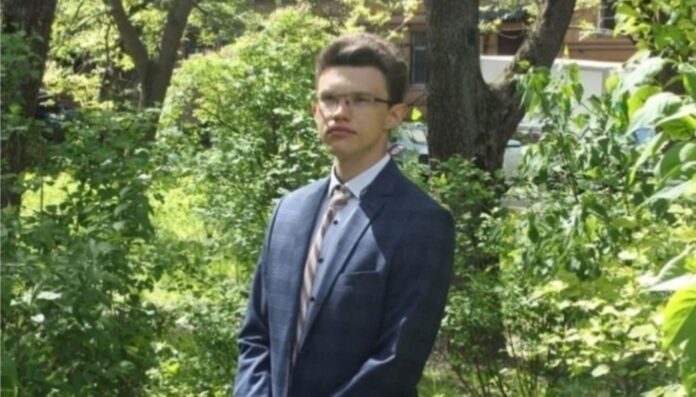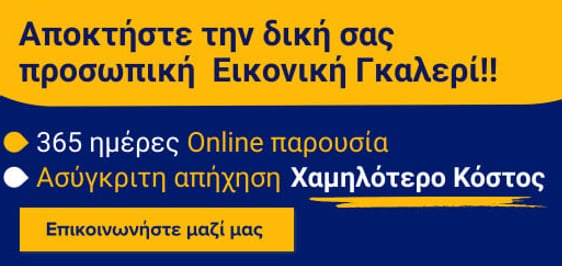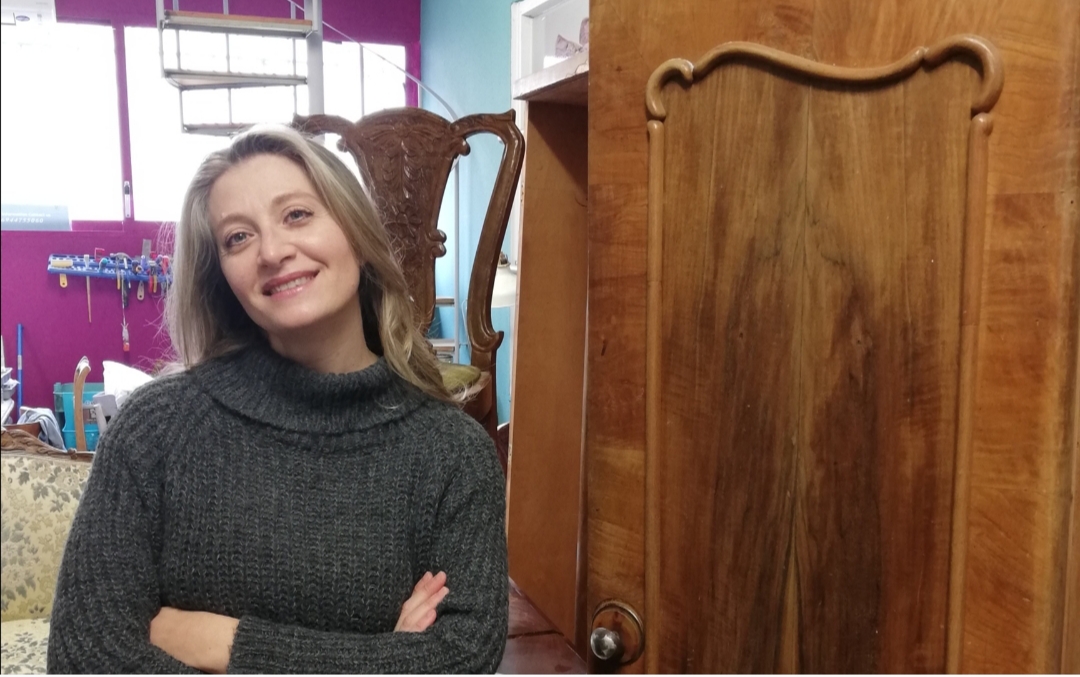Επιμέλεια: Εύα Πετροπούλου Λιανού
Dedicated to my grandfather
The whole class goes to extinguish incendiary bombs. My friend and I like it better than sitting in a cold classroom. Although I continue to study diligently, I still have the feeling that there is no need to study now. There’s a war all around! And so we benefit and do not freeze in the dimness of the classroom.
In a couple of months of participating in such operations, our class probably went around the entire Petrograd district. Bombs fell by the dozens or even hundreds. Some of them ended up in rivers, parks or squares, and they were usually not touched. Our goal was to extinguish bombs that hit houses and ended up on roofs, attics or even indoors.
It may seem strange now, but extinguishing bombs was not a very difficult task. The main thing was not to yawn and quickly cover it with sand until the “lighters” ignited everything around. It was scary at first. Some classmates said that bombs could explode and flatly refused to approach them, others boasted excessively, but at the sight of the bomb they panicked and could not move. However, over time, we all got used to it, and extinguishing “lighters” became almost as commonplace for us as homework or test papers.
Once, Igor and I and two other guys even managed to extinguish five bombs in one day. This event did not go unnoticed, and the director said that some commander would come to praise us the next day (I did not remember his last name and rank).
It was a real event for us. The blockade brought us much closer to the teachers, and even many cold and strict teachers thawed out and treated us like family. During these six months, we have already become accustomed to receiving certificates or encouragement from them and even the director, and then a person from the outside will come, and even a military one at that! All that morning, while waiting, we discussed his arrival.
– I wonder who will come to reward us, maybe Comrade Zhdanov? – one of our friends suggested.
– Why did you decide that it was him? – Igor grinned back.
– Hey, you heroes! – our ill-wisher, bully and sophomore Petka, intervened in the conversation, – What are they going to hang orders on your chest now? You’re going to walk around and shine them at the whole school, aren’t you?
– And what are you jealous of? – I asked.
– What did you say? – he started to attack me.
– Look! They’re coming! – A voice came from the hallway.
We ran out onto the stairs in a crowd. Through a small window, we clearly saw three figures in military uniforms entering the school.
– Everyone to class quickly! – Our teacher shouted.
Everyone rushed to their places. And after a couple of minutes, a short commander with a mustache, probably as big as Budyonny’s, entered the class. Our four were asked to come to the blackboard. This commander looked at us and addressed the class with a speech. He said a lot that the situation in the country and in the world is not easy, that we are fighting for a just cause and that victory will be ours, including thanks to such brave young people like us. Then he praised us and thanked us for our dedication and service to Leningrad, shook hands with everyone, handed over badges with a portrait of Lenin and performed a military greeting (saluted). To which we all replied in unison:
– Always ready!
When he left, we continued to discuss his visit and although, as some guessed, we did not receive medals or orders, this minute of communication, praise and gratitude completely replaced it and forever fixed in my memory.

































